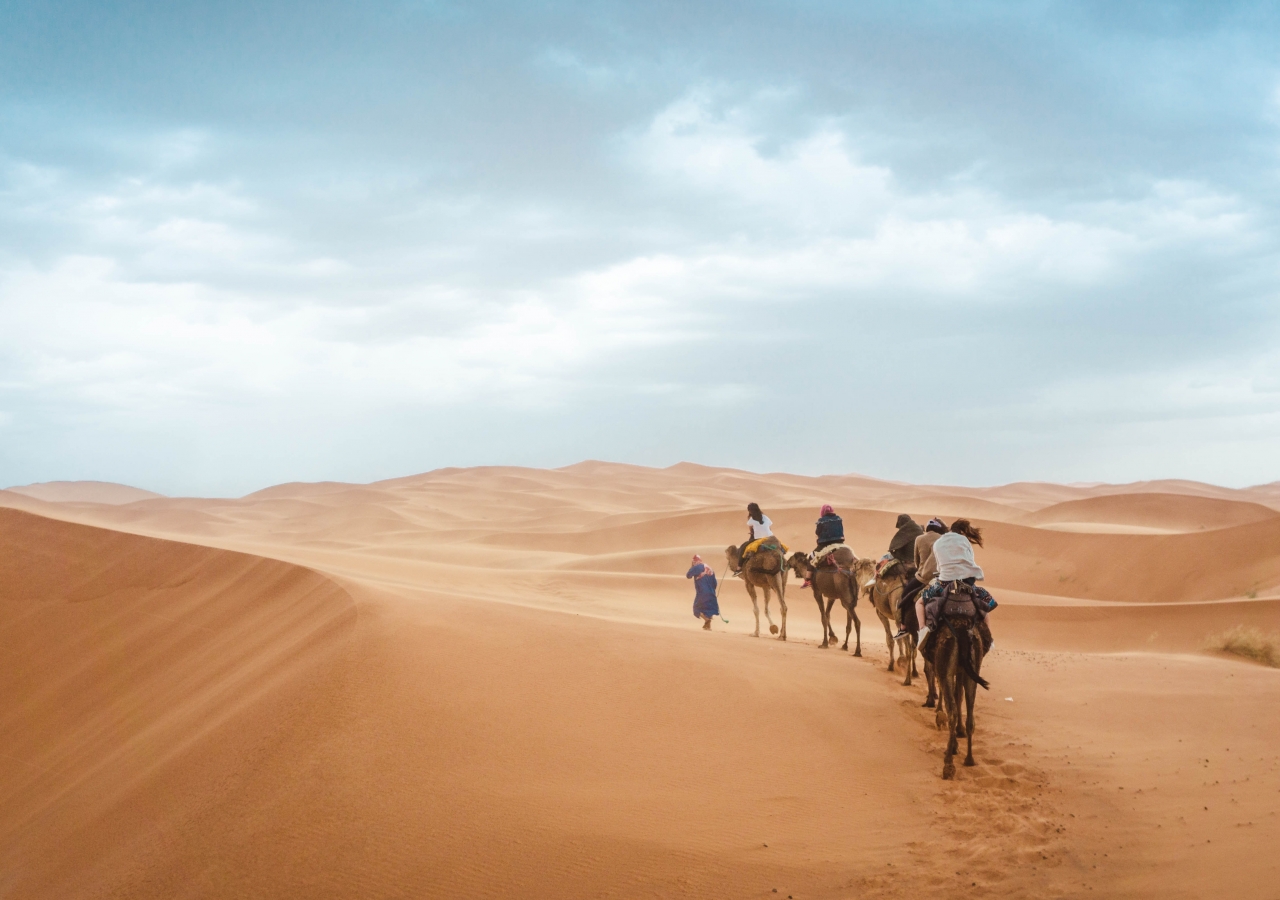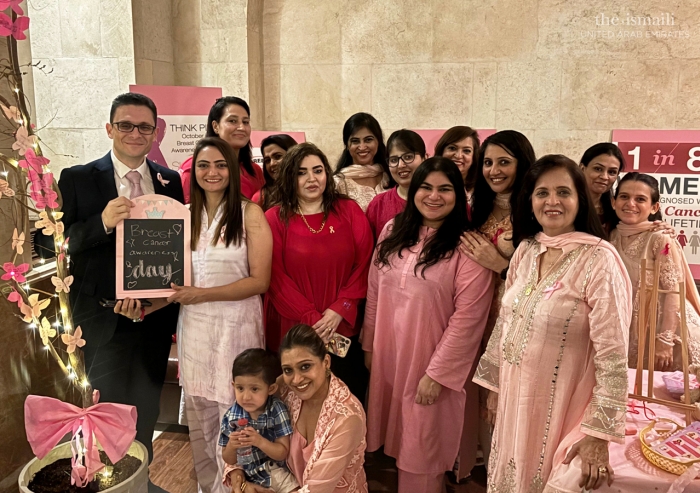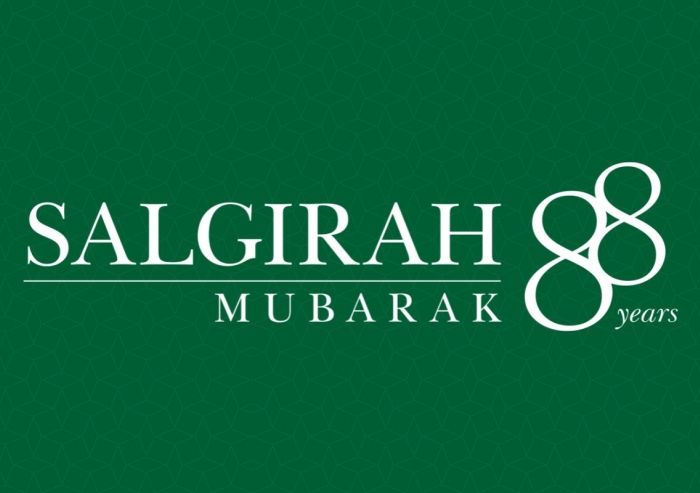What do rappers, Shah Rukh Khan and the Aga Khan Trust for Culture (AKTC) have in common? This was a concept explored at the inaugural QUEST, an event designed for young adults between the ages of 18-30 from over 9 countries, including the United Arab Emirates and the region, South Asia, and East Africa. Navigating questions about culture and its impact on society and the self can be difficult as an adolescent, especially at a time when our understanding of these aspects of our life is changing so rapidly. Given the highly globalised societies that the youth of today live in, being part of the Ismaili community can help strengthen and guide their individual discoveries through platforms like QUEST.
Delivered through three key parts, the event began with a deep dive into culture and the self. Led by Deenaz Kanji, participants went on a journey of self-exploration to tackle questions of who they are, how they would define their cultural identity and the role culture plays in their lives. Conversations which took place between the group at large and within smaller clusters allowed participants to engage in self-reflection and form connections amongst each other. Aly Cassum, a participant from Karachi, Pakistan, found that meeting and engaging in deep conversations with new, interesting people was a breath of fresh air in an otherwise isolating year. The session helped him to “reflect upon how individuals have a multiplicity of identities, which helps them to connect to various groups of people instead of just one.” This is a useful exercise for everyone to partake in, so as you read this ask yourself: how do I define who I am? How does culture shape the way that I experience the world?
Participants then turned their gaze outwards to the work of the Aga Khan Trust for Culture (AKTC), one of the agencies of the Aga Khan Development Network (AKDN), whose mandate encompasses the revitalisation of cultural identity. Participants had the opportunity to hear from and interact with Shiraz Alibhai, Deputy Director of the AKTC, as he shed light on his path to where he is today and the importance of the Trust’s work. From Syria to Afghanistan and everywhere in between, participants’ earlier discussions on culture and society took on a global significance through the lens of the numerous projects of the AKTC. The opportunity to have first-hand interaction with Mr. Alibhai was invaluable and the depth of discussion at QUEST reached new heights as a result.
The event culminated with performances and interviews with two international music groups: Fitoor, an Ismaili fusion band, and the Warsi Brothers, an Indian Qawwali ensemble. Fitoor translates their cultural identity into the music they create, with the aim of preserving their South Asian cultural identity through contemporary fusion, appealing to audiences of all backgrounds and generations. The Warsi Brothers and their accompanists take on a more traditional approach to creative expression and are renowned for their intense melodies and improvisation in the classical Qawwali style of music. QUEST came full circle through these enrapturing performances and the insights from each artist; both Fitoor and the Warsi Brothers are representative of the unique ways in which our cultural identity can be navigated and manifested in contemporary society.
Reflecting on QUEST and the exploration of the self and society, Deenaz Kanji notes that the “focus on culture as an identity framework helped participants reach certain conclusions about the fluidity of identity. Culture is just one prism through which we can understand personal identity.”








